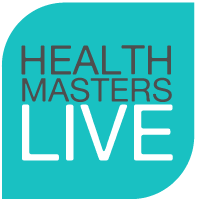Practitioner Course
Forgiveness and Gratitude Practices
Amongst the many epidemics our patients are facing the stress and anxiety epidemic may be the broadest and most challenging.
Format
Online Course
2 lessons
Availability
12 Months OR Subscriber Pass
Duration
90 min/lesson
3 Hours total
Presenters
